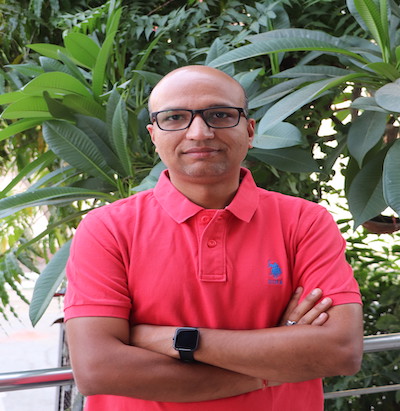
Assistant Professor of Biology, Ashoka University
Ph.D. Heidelberg UniversitySandeep is an experimentalist interested in building evolvable synthetic systems using interdisciplinary approaches. Despite immense efforts, how to build a synthetic chemical system that can evolve and what constitutes it remains an open question. Similarly, the series of steps that led to the emergence of self-sustaining living systems on the early Earth is still elusive. To address some of these questions, he is developing synthetic chemical systems capable of undergoing evolution and demonstrating ‘life-like’ features. In addition, he is also interested in deciphering the dynamics of functional RNAs and evolving them in complex environments. His work revolves around self-replicating chemical systems, aptamers, ribozymes, liquid-liquid phase-separated droplets, droplet-based microfluidics, and other single-molecule biophysical methods.
Before joining Ashoka, Sandeep was an independent Campus fellow at the Simons Centre for the Study of Living Machines at the National Centre for Biological Sciences (NCBS), Bangalore. Prior to that, he was a postdoctoral fellow at ESPCI Paris (École supérieure de physique et de chimie industrielles de la Ville de Paris), France and PhD student at Heidelberg University, Germany. He did his Master’s in Biotechnology from the Indian Institute of Technology Bombay (IIT Bombay) and his Bachelor’s in Biotechnology from the University of Rajasthan.
Monsoon Semester:
Spring Semester:
